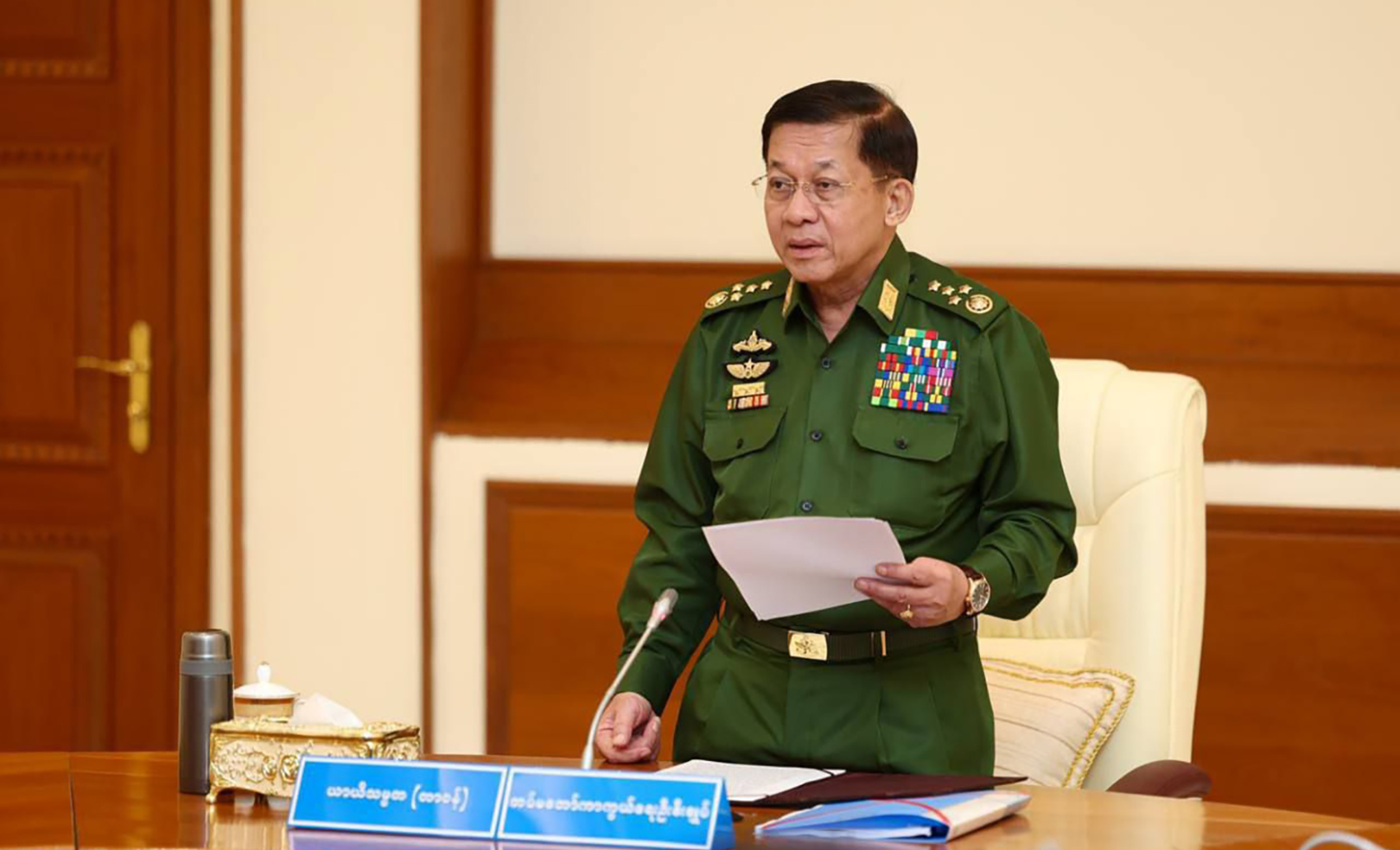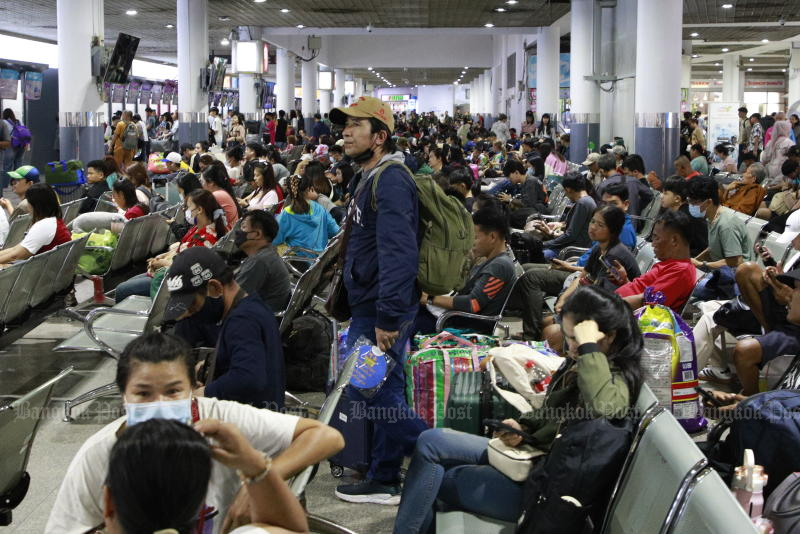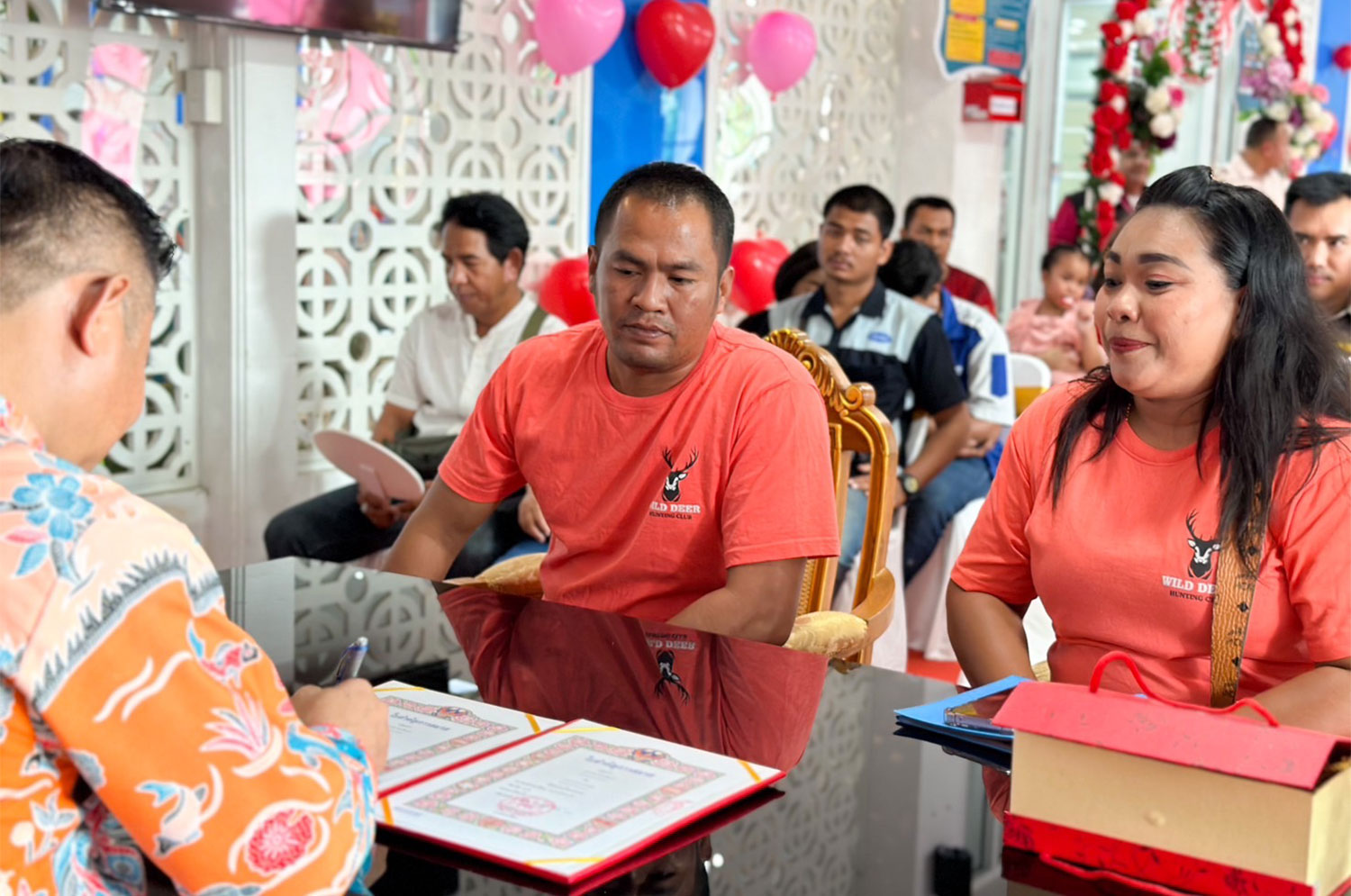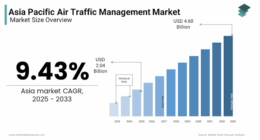Small and medium-sized enterprises (SMEs) in Thailand are facing a financial crisis, burdened by rising debt and decreasing demand. As Thailand’s economy slows, the Federation of Thai Industries (FTI) has raised concerns about the dire state of these businesses, highlighting the urgent need for government support.
Rising Debt and Economic Decline
Debt Pressures on SMEs in Thailand
Thailand’s SMEs are trapped in a cycle of debt, with many unable to secure the necessary funding to sustain operations. According to the FTI, government measures to aid these businesses have been slow and insufficient, leaving many SMEs vulnerable to financial collapse.
Impact of Economic Slowdown on SMEs
The economic downturn has had a devastating impact on SMEs, with weak consumer spending and external challenges such as flooding exacerbating the situation. In the first half of 2024, 667 factories shut down, marking an 86.3% increase in closures compared to the previous year.
The Role of Floods and Foreign Competition
Floods Devastate Northern Thailand
Severe floods in northern Thailand have compounded the struggles faced by SMEs. Homes and businesses have been heavily damaged, with financial losses estimated between 30 billion and 50 billion baht. The aftermath of the floods has left many people focused on recovery, reducing consumer spending and worsening the outlook for local enterprises.
Influx of Low-Cost Chinese Goods
Adding to the pressure on Thai SMEs is the influx of cheap Chinese goods flooding the market. Local businesses, already strained by debt and weak demand, are now being squeezed further by competition from foreign imports, reducing their ability to compete.
Calls for Urgent Government Intervention
FTI Demands Economic Stimulus
The FTI is calling for immediate government intervention to help SMEs survive this challenging period. The federation is urging the cabinet to approve fresh stimulus measures to provide a lifeline to struggling businesses.
Industry Ministry’s Support Plan
In response, Industry Minister Akanat Promphan has outlined a plan to assist SMEs in overcoming their financial woes. The Industry Ministry is set to provide 1.9 billion baht in low-interest loans, aimed at boosting SME competitiveness and addressing liquidity problems.
Future Prospects for Thailand’s SMEs
Need for Technological Upgrades
As part of the recovery effort, the Industry Ministry is also encouraging SMEs to adopt advanced technology to stay competitive. This will help local businesses fend off foreign competition and become more resilient in the face of future challenges.
Hope for Economic Recovery
While the situation is dire, with consumer sentiment plummeting and local businesses under pressure, there is hope that swift government action and financial aid will provide the necessary relief to prevent further closures and stabilize Thailand’s SMEs.









